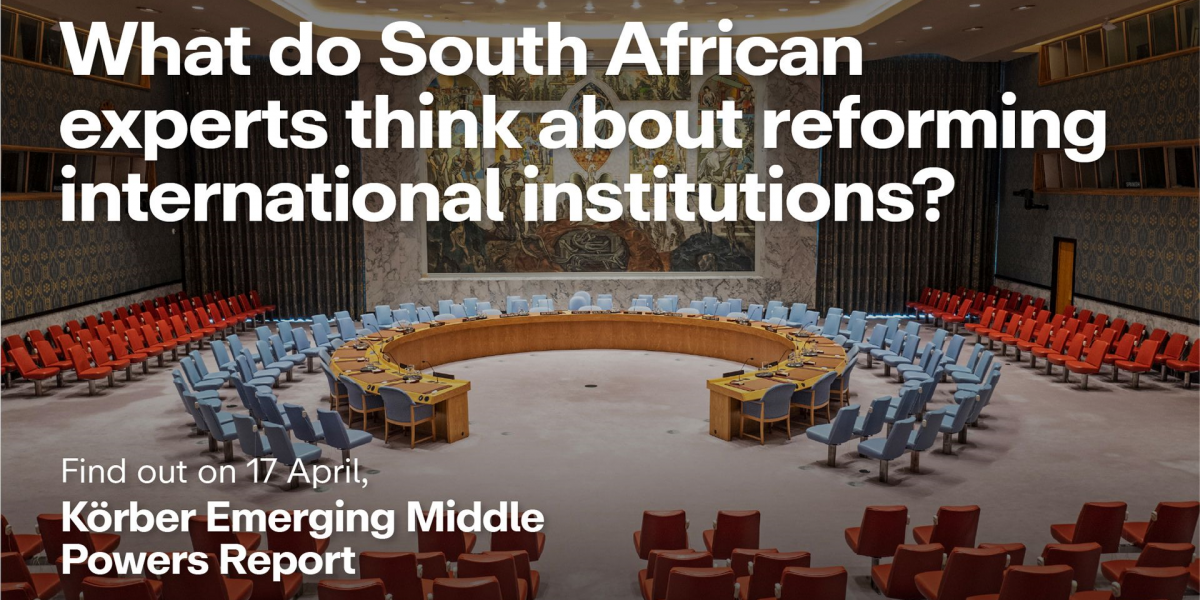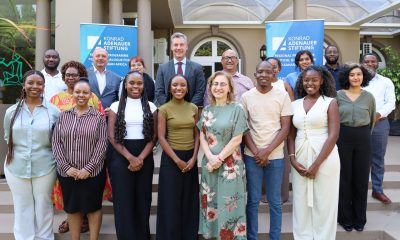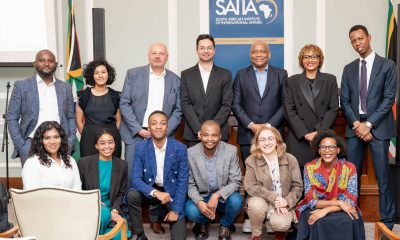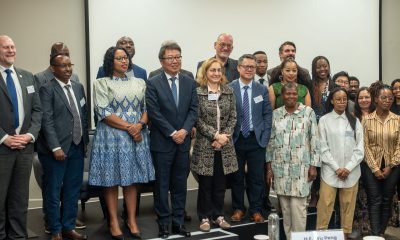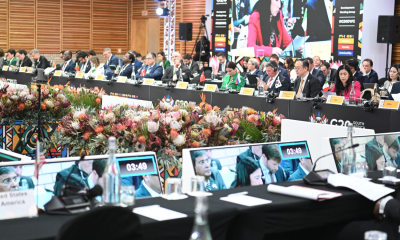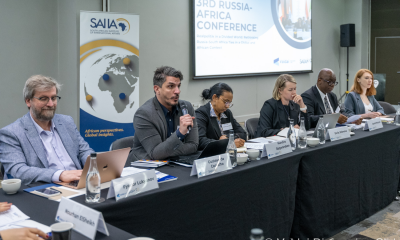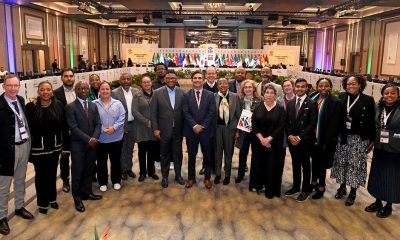Decision-makers from Brazil, India, South Africa and Germany have fundamentally different views on the challenges facing foreign policy. 60% of South African respondents and 59% of those in Brazil view the global influence of the United States negatively. In Germany, however, 75% view it positively. Just over half (52%) of Indian respondents say India prefers neutrality amid the growing China-US rivalry. Around 70% of respondents in Brazil and South Africa as well as 60% in India say their country is not spending enough to protect the environment. In all four countries, around 60% of respondents are pessimistic about major reforms of international institutions.
These are among the findings of Körber-Stiftung’s “Emerging Middle Powers Report 2025” survey.
Different foreign policy priorities
For experts from Brazil, climate continues to be the most important foreign policy priority, while South African and Indian experts prioritise other issues. India continues to focus on China and regional security. For experts in South Africa, which currently holds the G20 presidency, relations with the Global South are becoming increasingly important. Ukraine and the Middle East are only one of the top 3 priorities for experts from Germany.
International reform pessimism
In all four countries, respondents have little hope for change when asked about their prospects for international reform. Regardless of whether the International Monetary Fund, the World Bank, the United Nations or the World Trade Organisation are willing to reform, six out of ten respondents in all four countries consider it ‘unlikely’ that there will be significant reforms in the next five years to make them fairer and more equitable.
Respondents are almost as pessimistic when it comes to relations between high-income countries and low- and middle-income countries, with most respondents expecting these to deteriorate over the next five years.
Pivot to non-alignment?
While 8 out of 10 respondents in Brazil and South Africa still prefer the option of ‘non-alignment’/neutrality to siding with the United States or China, it is increasingly becoming an alternative for 52% of Indian respondents (2023: 38%). In Germany, too, ‘neutrality/non-alignment’ is increasingly becoming an option (2% compared to 19% in 2023).
The survey
The survey was commissioned by the Körber-Stiftung and conducted by Verian Germany between 15 October and 2 December 2024. The interviews were conducted online. The sample is neither representative nor random. The people invited to participate in the survey includes government representatives, members of parliament, the military and judiciary, diplomats, journalists, researchers, senior NGO staff, activists and private sector representatives from Brazil, India, South Africa and Germany. Participants were invited individually by the Körber-Stiftung or its cooperation partners in Brazil (BRICS Policy Center), India (Gateway House: Indian Council on Global Relations) and South Africa (South African Institute of International Affairs). Various methods were used to encourage response, including multiple contact attempts and the incentive of receiving survey results. To ensure that respondents participate twice, each survey link could only be used once. Questions were identical in each country. The survey was conducted in Portuguese in Brazil, in German in Germany, in Hindi and English in India, and in English in South Africa.
The Körber Emerging Middle Powers (KEMP) Initiative
The KEMP initiative aims to contribute to a better understanding of geopolitical perspectives in countries such as Brazil, India and South Africa through an annual survey and to promote dialogue between Germany and the emerging middle powers.
For media
- To arrange an interview with Steven Gruzd, Head of African Governance and Diplomacy Programme at the South African Institute for International Affairs, please contact media@saiia.org.za.
- For an interview with Leona Harting, Programme Manager at Körber-Stiftung, please email harting@koerber-stiftung.de, or for Julia Ganter, Programme Director of International Affairs at Körber-Stiftung, please contact ganter@koerber-stiftung.de.
This report is published by Körber-Stiftung and available here.

